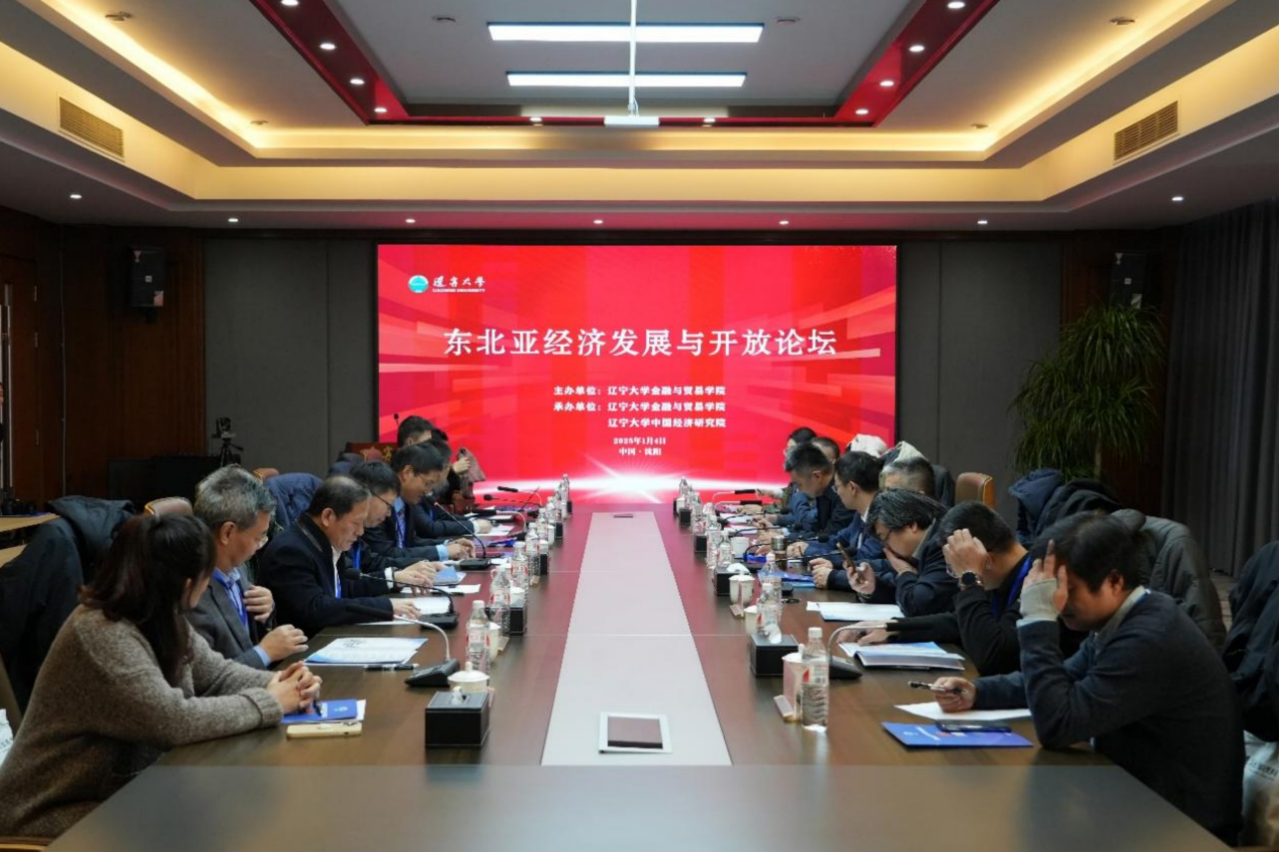
On January 4, 2025, the Northeast Asia Economic Development and Opening-up Forum was wrapped up at Puhe Campus of Liaoning University (LNU). The forum brought together more than 20 experts and scholars from Liaoning University, Jilin University, Dongbei University of Finance and Economics, Dalian University of Technology, Zhejiang University, Harbin Institute of Technology, Northeastern University, and Northeast Normal University. They engaged in in-depth discussions on pressing issues such as China's economic transformation, regional development in Northeast Asia, and international trade and open policies. Professor Yu Miaojie, Deputy Secretary of the Party Committee and President of LNU, attended the opening ceremony and delivered a speech. The opening ceremony was presided over by Professor Li Zhiyuan, Dean of School of Finance and Trade at LNU.
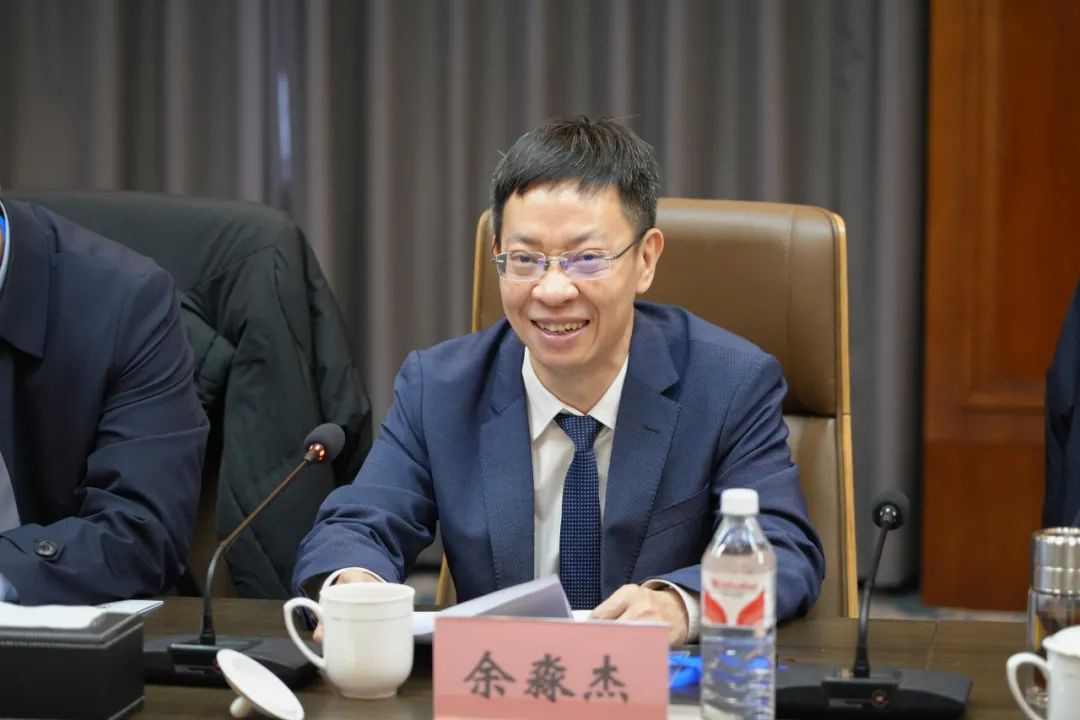
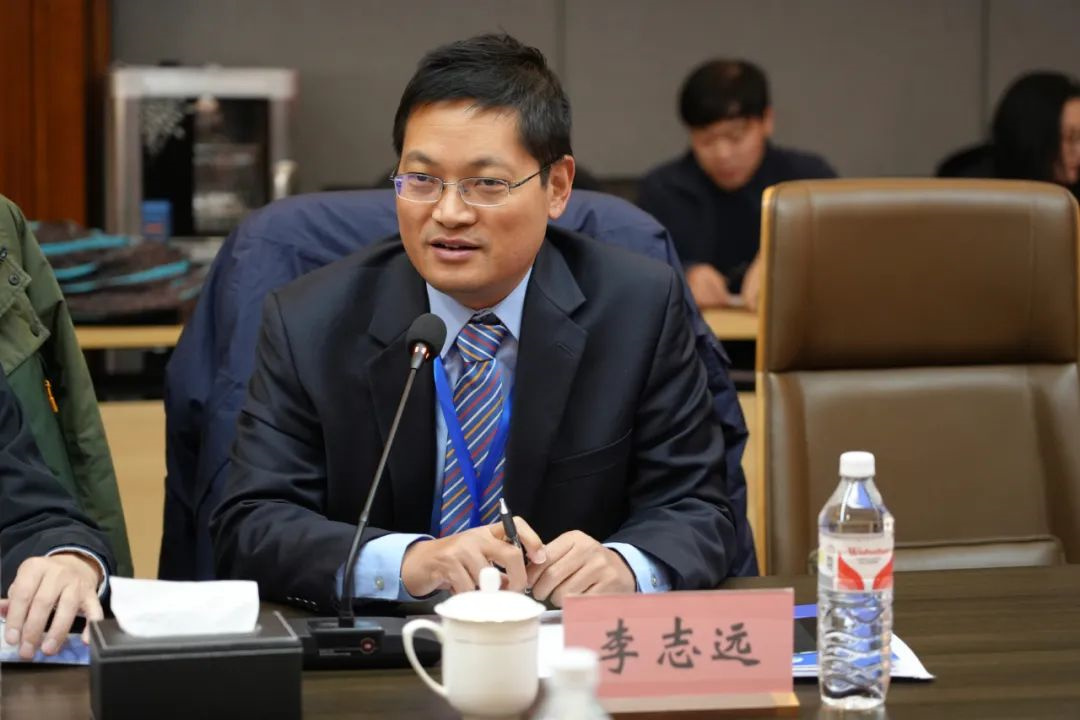
At the opening ceremony, Professor Yu Miaojie, on behalf of LNU, extended a warm welcome to the scholars and experts attending the forum. He introduced the university's historic breakthroughs in recent years, particularly in talent cultivation and team building. He highlighted the significant achievements made by the university in the past year, especially in the construction of the Double First-Class Initiative in applied economics. These achievements include the recruitment of internationally renowned economists, the hosting of international academic conferences and seminars such as NBER, the publication of multiple papers in top domestic and international journals, and the development of university think tanks.
During the keynote speech session, Professor Yu Miaojie, Professor Lin Muxi from the School of Economics at LNU, and Professor Wang Weitong, Vice President of Dongbei University of Finance and Economics, delivered their speeches in sequence.
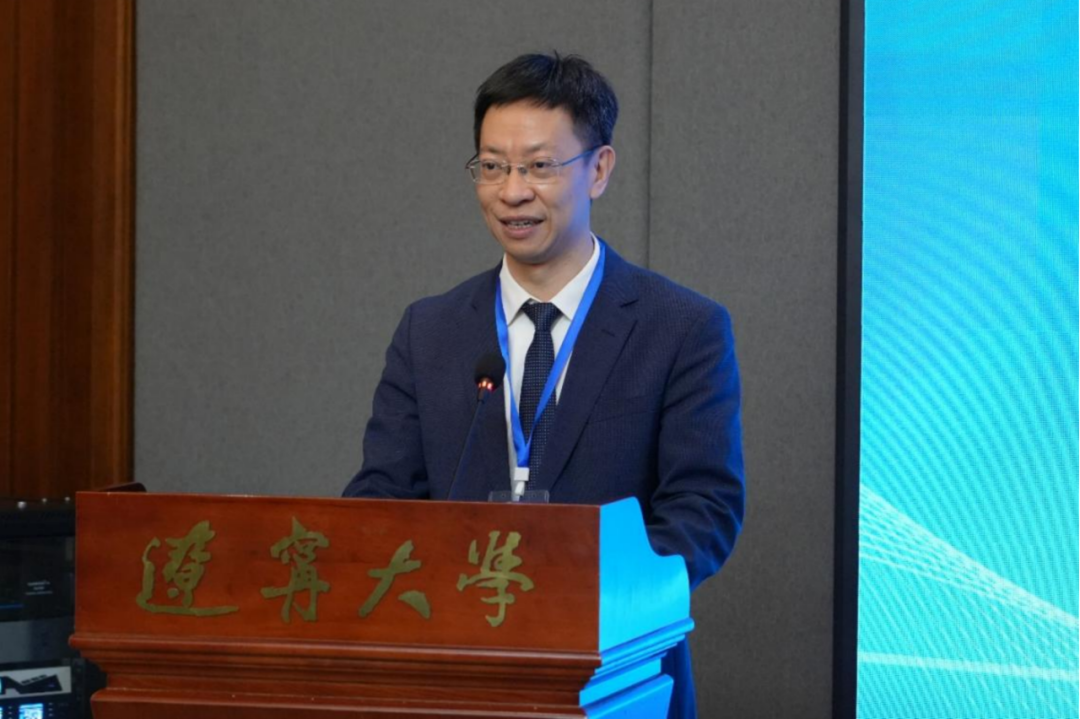
Professor Yu Miaojie delivered a speech titled ‘China’s Economic Outlook for 2025’, proposing that dual efforts in supply and demand are crucial paths for building a new pattern of domestic and international dual circulation. He pointed out that in the face of global economic uncertainties, China needs to focus on the demand side to unleash consumption potential, enhance consumer confidence by increasing residents' income and improving social security. At the same time, promoting the synergistic effect between consumption and infrastructure investment can not only stimulate short-term demand but also contribute to long-term growth. On the supply side, he emphasized that scientific and technological innovation is the core driving force for high-quality development, suggesting that China accelerate industrial transformation and upgrading, and develop emerging industries such as new energy and high-end manufacturing to improve the overall level of technology and international competitiveness across the entire industrial chain. Additionally, he mentioned that deepening reform and opening- up and optimizing the business environment are key to responding to external risks and stimulating market vitality. He believes that dual efforts in supply and demand are not only effective measures to solve current economic problems but also the fundamental driving force for China’s long-term healthy economic development.
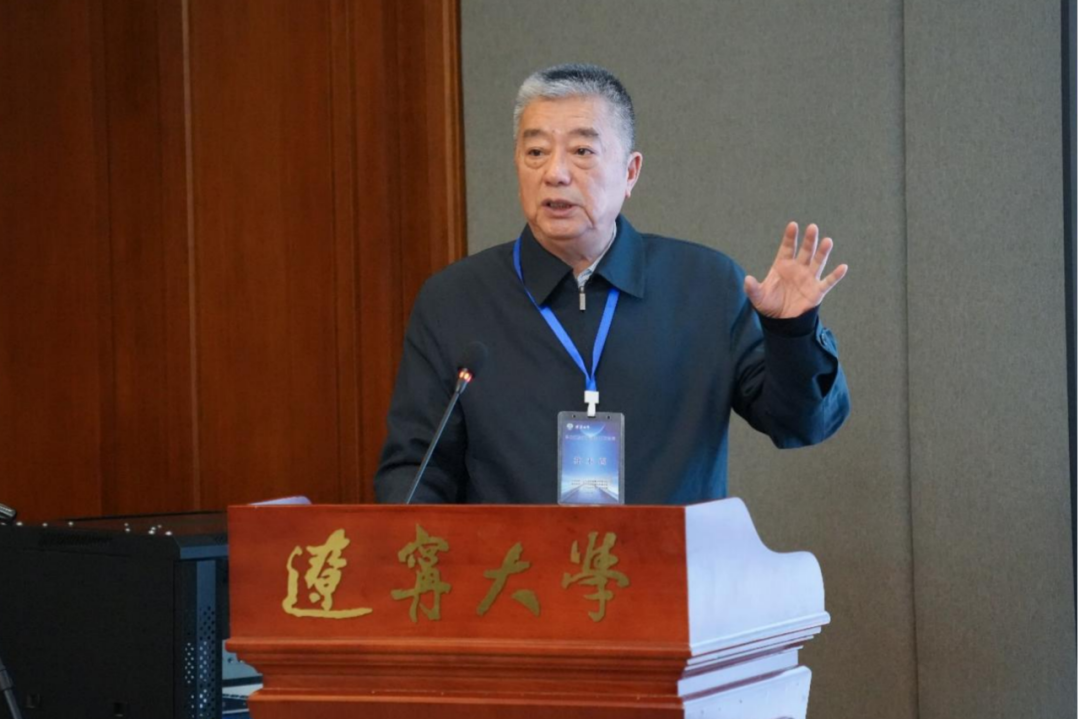
Professor Lin Muxi delivered a speech titled ‘Adhering to the Five Must-Coordinate Principles to Ensure the Steady and Long-term Development of China’s Economy’, interpreting the policy directions proposed at the Central Economic Work Conference. He pointed out that properly handling the relationship between an effective market and a proactive government is key to deepening reforms. By improving state-owned enterprise governance, optimizing the environment for the private economy, and building a unified national market, efficient resource allocation can be achieved. He emphasized that coordinating total supply and total demand is a crucial link in smoothing economic circulation. Expanding domestic demand, optimizing investment structures, and boosting consumer confidence can alleviate economic pressures and achieve stable growth. Additionally, he analyzed the path for transforming old and new growth drivers, proposing that the development of new technologies and models should be accelerated, traditional industrial structures should be optimized, and both the quantity and quality of economic growth should be enhanced. He also suggested revitalizing land resources, optimizing the allocation of state-owned assets, and tapping into consumption potential to lay the foundation for high-quality development. He stressed that economic growth must balance speed and structural optimization to achieve long-term sustainable development.
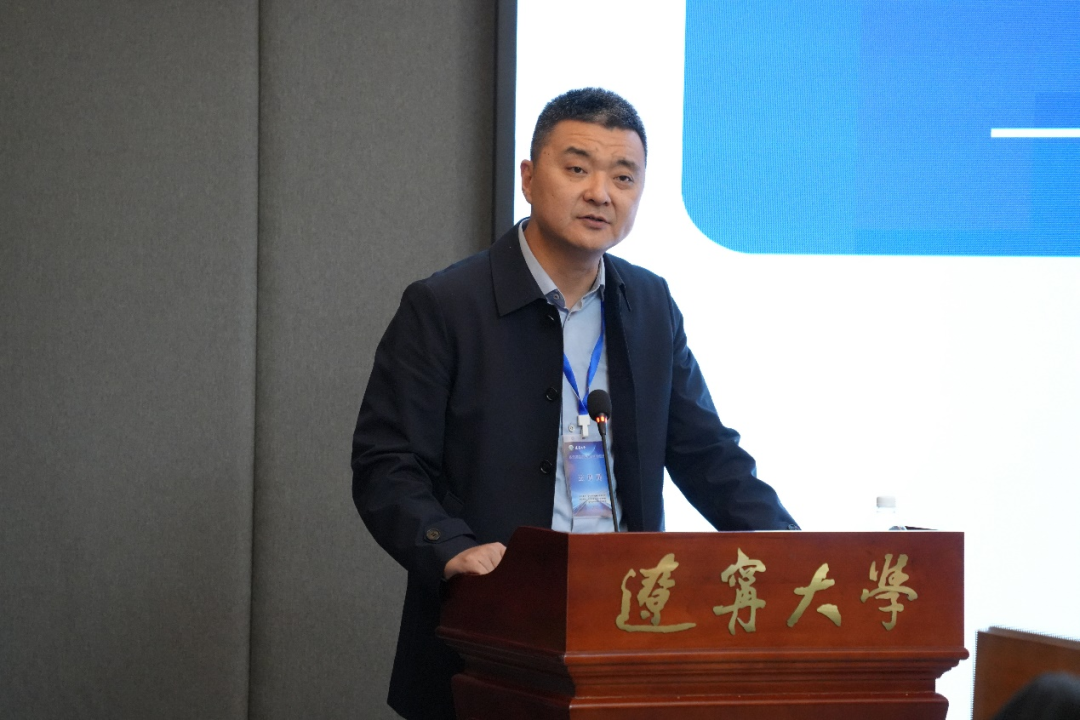
Professor Wang Weitong delivered a speech titled ‘Transformation of Urban Investment Platforms and Local Industry Cultivation’, sharing his latest research findings. He pointed out that the transformation of urban investment companies from government financing platforms to industrial investment platforms is a crucial direction for current local economic development. This transformation not only alleviates debt pressure but also promotes industrial agglomeration and innovative development. Drawing on cases from cities such as Hangzhou and Chongqing, he analyzed how urban investment companies facilitate the upgrading of industries such as healthcare, automotive, and technology by investing in local enterprises. He suggested that the Northeast region learn from these practical experiences, fully leverage the potential of traditional advantageous industries and emerging industries and formulate standardized policies for the transformation of urban investment companies. At the same time, he emphasized that through transformation policies and industrial investment, regional economic structure optimization and high-quality development can be promoted. He called for strengthened cooperation among all parties to revitalize the Northeast and inject new vitality into the national economic development.
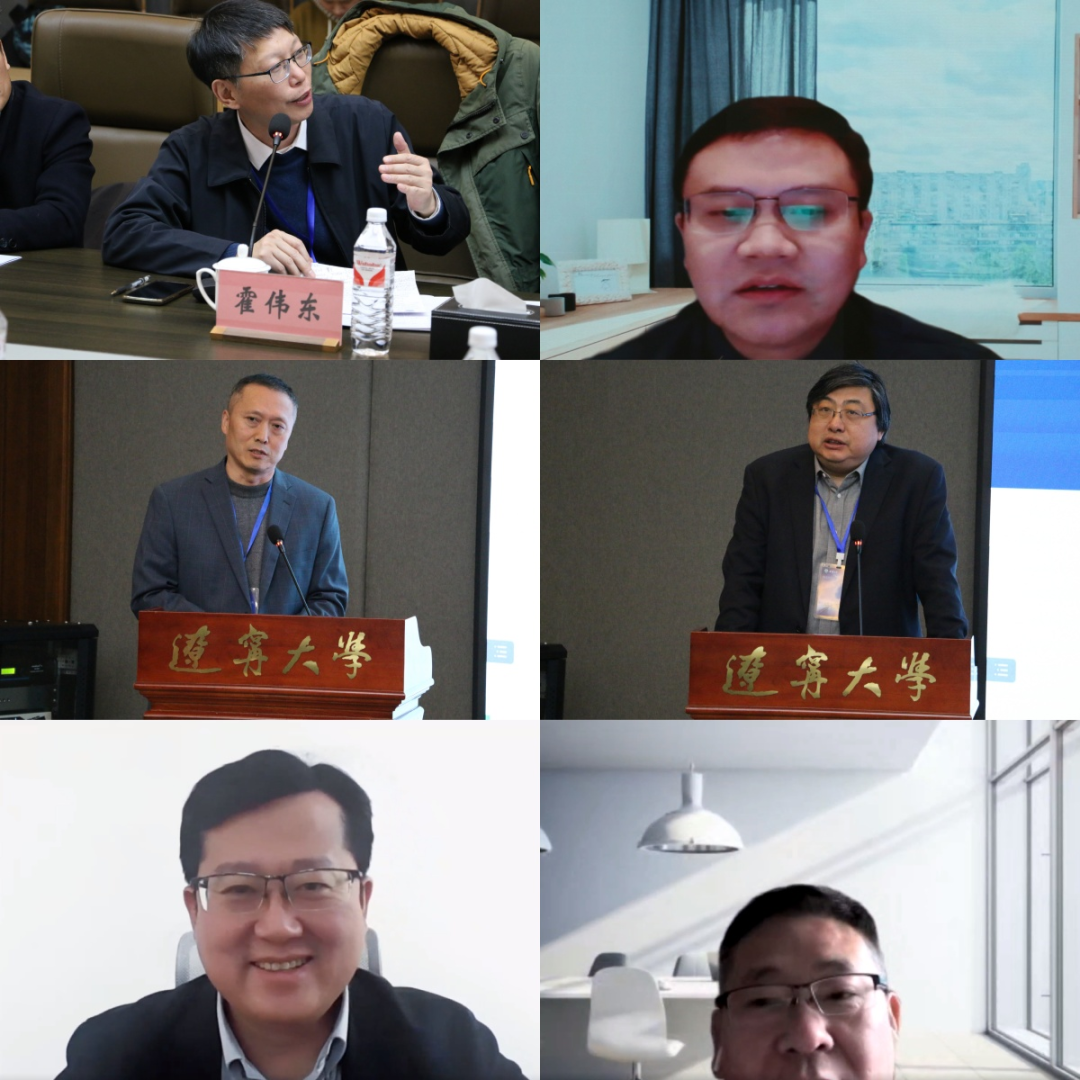
The first forum was chaired by Professor Huo Weidong, Deputy Director of the Faculty of Economics at LNU. Professor Jiang Zhongzhong, Dean of the School of Business Administration at Northeastern University, delivered a speech titled ‘Strategic Suggestions for Promoting Liaoning Province to Build a New High Ground for Advanced Manufacturing with International Competitiveness’. He pointed out that Liaoning’s manufacturing sector is solid, but the proportion of high-end manufacturing is relatively low, and innovation capabilities are insufficient, necessitating accelerated scientific and technological innovation and industrial upgrading. Professor Li Yanxi from the School of Economics and Management at Dalian University of Technology shared research on the impact of non-institutional factors on foreign direct investment (FDI). Using museum density as a measure of cultural identity, his study found that countries with higher cultural identity scores performed better in attracting FDI. Professor Ding Yibing, Dean of the School of Economics at Jilin University, stated in his report that, with the increasing complexity of the external environment and China’s economic transformation, enterprises need to enhance their risk appetite, especially in the field of technological innovation. He noted that breakthroughs ‘from zero to one’ often come with higher risks. Professor Ma Tao, Dean of the Business School at Harbin Institute of Technology, focused his discussion on the upgrading of China’s industrialization. He pointed out that developed countries like the United States and Germany have always emphasized basic industries during their industrialization processes, and China should learn from their experiences to improve global competitiveness in industries such as steel and chemicals. Professor Zong Jichuan, Dean of the School of Finance at Dongbei University of Finance and Economics, analyzed the higher requirements placed on the financial discipline by areas such as green finance and digital finance, and outlined the shortcomings in course reform and faculty preparation in universities.
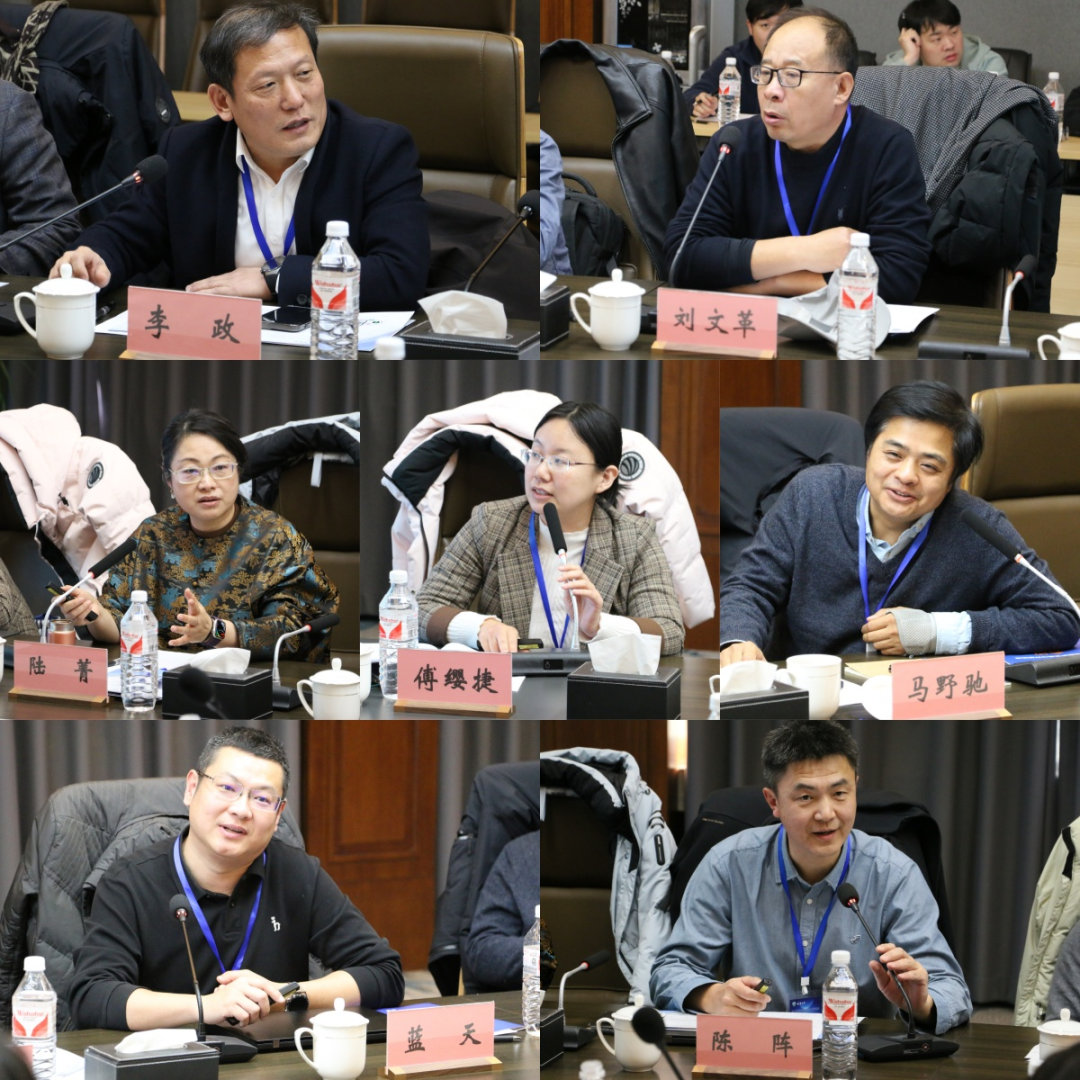
The second forum was chaired by Professor Li Zheng, Dean of the School of Economics at LNU. Professor Liu Wenge, Dean of the School of International Economics and International Relations at LNU, pointed out that the global political and economic order is shifting from neoliberalism to a new geoeconomic order, and emphasized that the geoeconomic risk index released by Liaoning University provides new ideas for global governance. Professor Lu Jing, Director of the International Economics Department at Zhejiang University’s School of Economics, through studying the effects of free trade pilot zone policies, found that these policies significantly improved enterprise total factor productivity and promoted regional economic development, particularly the innovative capabilities of leading enterprises. Professor Fu Yingjie, Deputy Dean of the School of International Economics and Trade at Dongbei University of Finance and Economics, analyzed global value chain division and its impact on developing countries, suggesting that these countries should enhance their position in the industrial chain, strengthen foundational industry construction, to promote high-quality development. Professor Ma Yechi from the School of Economics and Management at Northeast Normal University pointed out that the digital divide significantly affects the income of informal employment groups, especially low-skilled groups, and called for reducing the digital divide to promote balanced social and economic development. Professor Lan Tian, Deputy Dean of the Institute of Northeast Asia Economic Research and the School of International Economics and Trade at Dongbei University of Finance and Economics, introduced Dalian’s critical role in China-Russia economic and trade cooperation and proposed to further promote the ‘opening to the north’ strategy by improving settlement efficiency and optimizing cooperation models. Associate Professor Chen Zhen, Deputy Director of the Economics Department at the School of Economics and Management, Dalian University of Technology, emphasized that the three northeastern provinces should leverage their geographical advantages to develop differentiated industries, avoid homogenous competition, and promote regional coordinated development to enhance international competitiveness.
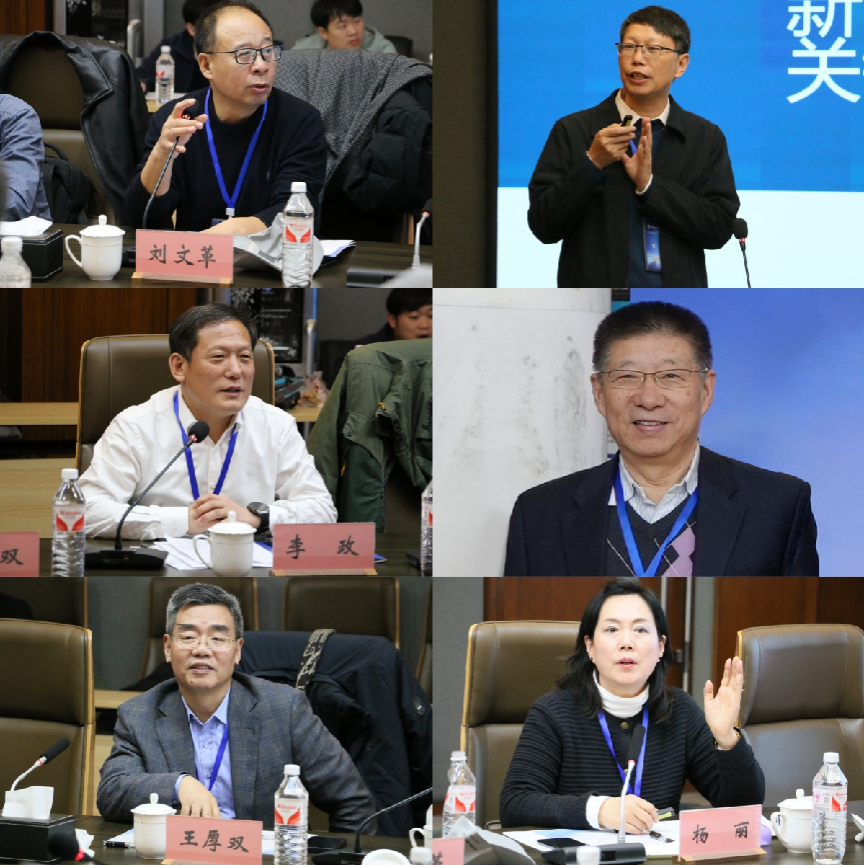
The third forum was chaired by Professor Liu Wenge. Professor Huo Weidong, in his presentation titled ‘Analysis of Key Core Financial Elements from the Perspective of New Financial Resource Views’, emphasized the importance of financial resource allocation for sustainable economic development. He argued that moderate financial liberalization and regulation can ensure the stability of the financial system and support economic development. Professor Li Zheng called for strengthening the theoretical system for revitalizing the northeast and advocated for promoting regional economic transformation and upgrading through innovation-driven approaches and optimization of industrial structures. Professor Wang Houshuang analyzed the background, pathways, and strategies for implementing the ‘opening to the north’ strategy. He pointed out that this strategy has been elevated to a national level and emphasized its multiple implications in economic, political, and defense areas. Professor Yang Li, through interpreting the spirit of the Central Financial Work Conference, noted that there is still a distance to achieving the goal of building a financial power. She proposed five core principles for fostering a Chinese-characteristic financial culture.
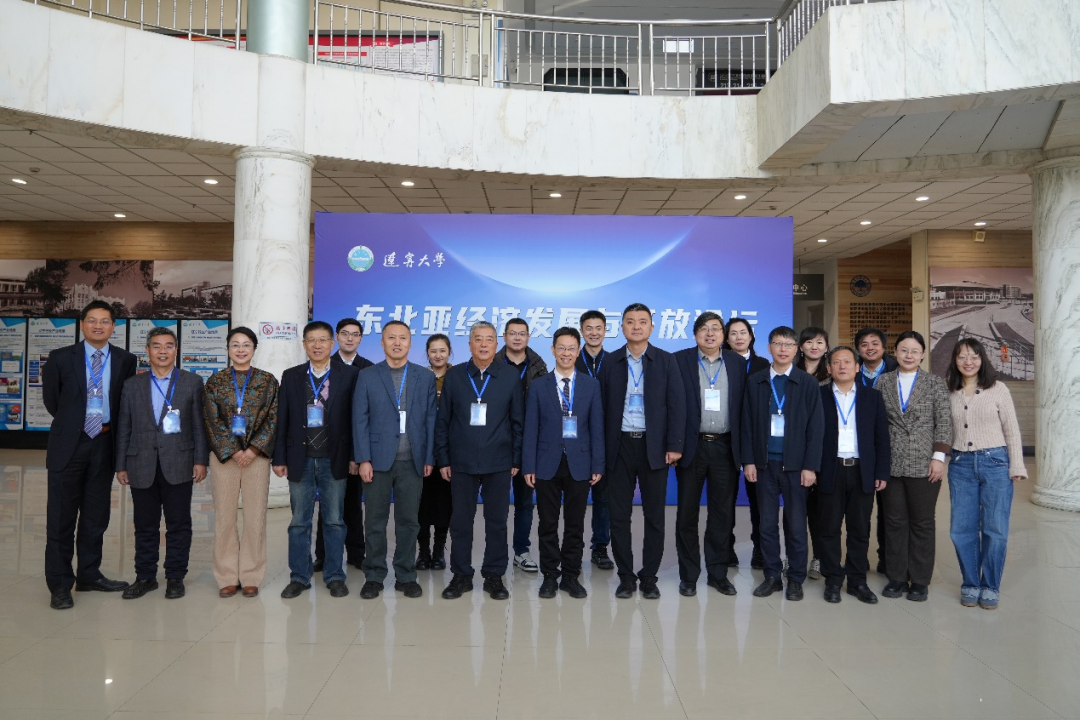
The participating guests engaged in lively discussions on various report topics. The forum facilitated the exchange of ideas and sharing of experiences among scholars in the field, exploring new approaches for the development of Northeast Asia in China and the construction of a high-level open and new development pattern. Both faculty and students in attendance expressed that they had gained significant insights.
This forum was hosted by the School of Finance and Trade at Liaoning University and co-organized by the School of Finance and Trade and China Economic Research Institute at Liaoning University.